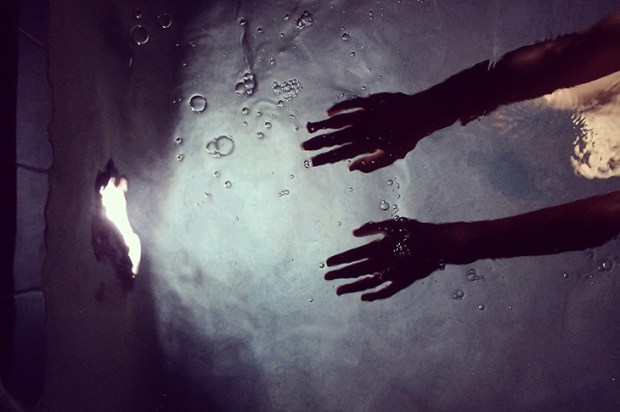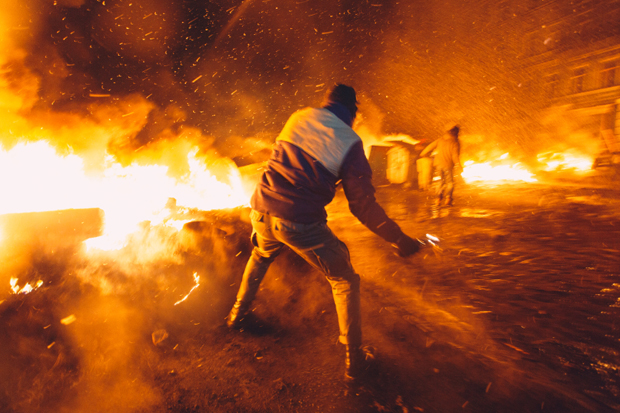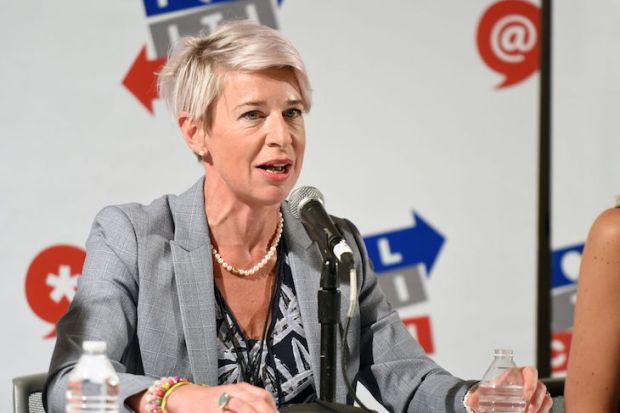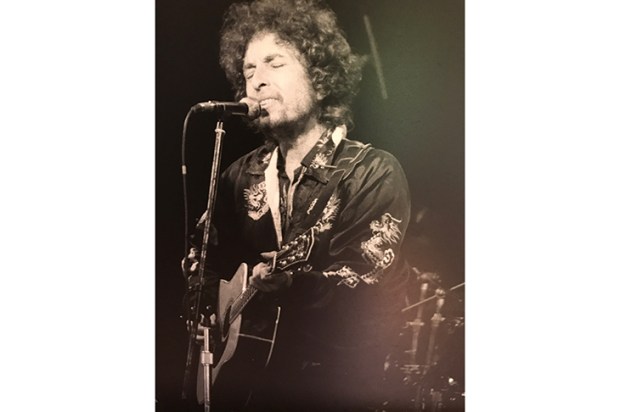It’s difficult to keep a crime series going after 11 books but Boris Akunin manages it well in All the World’s a Stage (Weidenfeld, £20). His hero, Erast Fandorin, is now in his fifties. It’s 1911 in Russia, and while the Bolsheviks gather their power, another revolution is taking place in the theatre, and the Noah’s Ark Company are at the forefront of this new expression. When their star actress Eliza Altairsky-Lointaine’s life is threatened during a performance, Fandorin is called in to investigate. He’s working undercover as, of all things, the writer of their
next production.
This is a traditional crime drama in which members of the company are killed off one by one in ever more mysterious circumstances. The actors merge with their on-stage characters, and this adds another layer to the levels of deceit on offer. There are two different suspects, and both possibilities are fully explored, their contrasting plots wrapping around each other to form the complex thread of the book’s narrative. This aspect is brilliantly done, and it’s entirely satisfying when the final reveal tugs both narratives apart, showing a third possibility.
A more down to earth approach to the historical crime novel is taken by the writing team of Meg and Tom Keneally in The Soldier’s Curse (Point Blank, £16.99). Hugh Monsarrat is an Englishman charged with forgery. In 1825 he finds himself shipped halfway around the world to become a convict in New South Wales. He’s employed as a clerk to the prison’s commandant, so he’s ideally placed to move through the different strata of this small, enclosed society. When the commandant’s wife Honora dies from poisoning, Monsarrat takes charge of the case, facing both the cruelties of his overseers and the suspicions of his fellow prisoners.
Tom is Thomas Keneally of Schindler’s Ark fame, here working with his daughter on the first of a projected series starring Monsarrat. However, the novel fares much better as historical drama than it does as a murder mystery. Twists and turns are absent and the first half of the book moves too slowly, as it concentrates on building up details of the camp and its inhabitants. It’s all quite fascinating. The setting’s great, the characters beguiling; but we need a few more puzzles to crack before this can take off as a series.
Jane Robins deals very much with the modern world in White Bodies (HQ, £12.99). Callie and Tilda are sisters. Tilda is an actress who falls in love with Felix, a man whom Callie believes is a predatory male. She suspects that he’s being abusive and violent, but how can she prove this when Tilda seems so enamoured of her new lover? Callie takes on the task of saving her sister from this relationship. But how far can we trust Callie? She reveals evidence of her own madness and the whole thing might well be a paranoid fantasy. The story
hinges on a plot to kill Felix, and its surprising consequences.
The MacGuffin is borrowed from Patricia Highsmith’s Strangers on a Train; indeed the Hitchcock film version is discussed early on by the characters. Callie comes across as snobby and a bit of a prig, so it’s very difficult to feel sympathy for her. There’s a good twist at the end, but Robins has to embrace a number of improbabilities to make it happen. This thriller offers very little that’s new, but the standard tropes are woven with enough skill to keep us reading.
What a joy it is to turn to Attica Locke’s Bluebird, Bluebird (Serpent’s Tail, £14.99), a novel that examines contemporary problems in a literary and astute style. Darren Mathews is one of the few black Texas Rangers, and the story starts with him on the brink of indictment. Then he hears about two murders in a small town along Highway 59, one victim a black male, the other a white woman. Are the crimes connected? Mathews becomes obsessed with solving both cases, and almost loses his job and his marriage over it. This might well be his last assignment.
The book deals head on with the racial tensions of today’s America, unflinchingly, but with a fair eye. There are good and bad people on both sides of the racial divide. Mathews is a stranger in town and is under suspicion himself, from both communities. A lot rests on one question: is this a race crime or not? But Locke seeks motives beyond the headlines: the real reason for the killings is not race, not hate, but love. It’s a startling way of seeing things. The final pages cast doubt on the morality of the hero. He’s also guilty of a crime; is Mathews any better than the people he’s arrested? The questions continue well after this brilliant novel is finished.
Got something to add? Join the discussion and comment below.
Get 10 issues for just $10
Subscribe to The Spectator Australia today for the next 10 magazine issues, plus full online access, for just $10.
You might disagree with half of it, but you’ll enjoy reading all of it. Try your first month for free, then just $2 a week for the remainder of your first year.














Comments
Don't miss out
Join the conversation with other Spectator Australia readers. Subscribe to leave a comment.
SUBSCRIBEAlready a subscriber? Log in